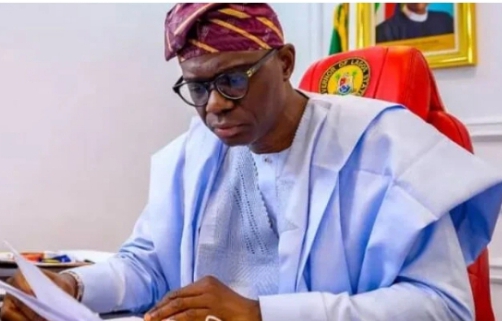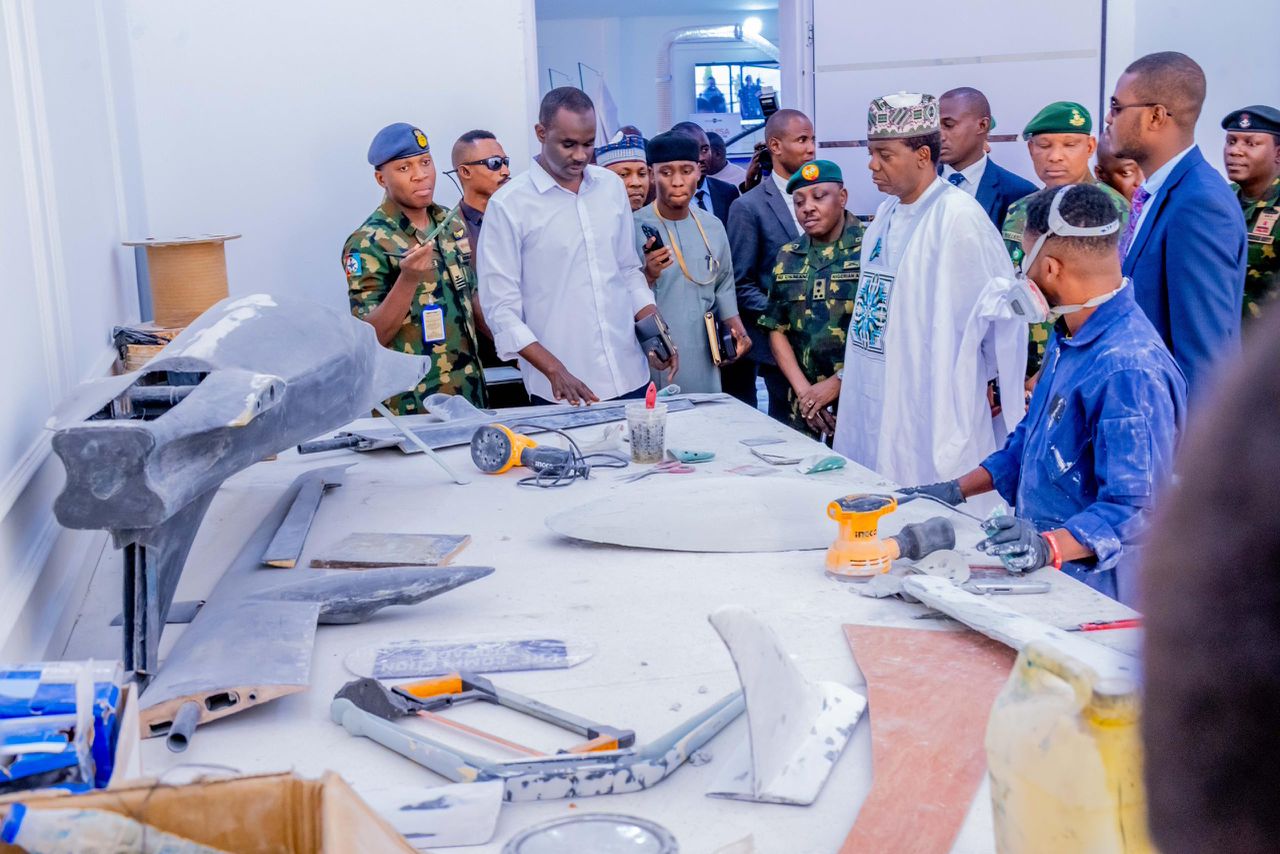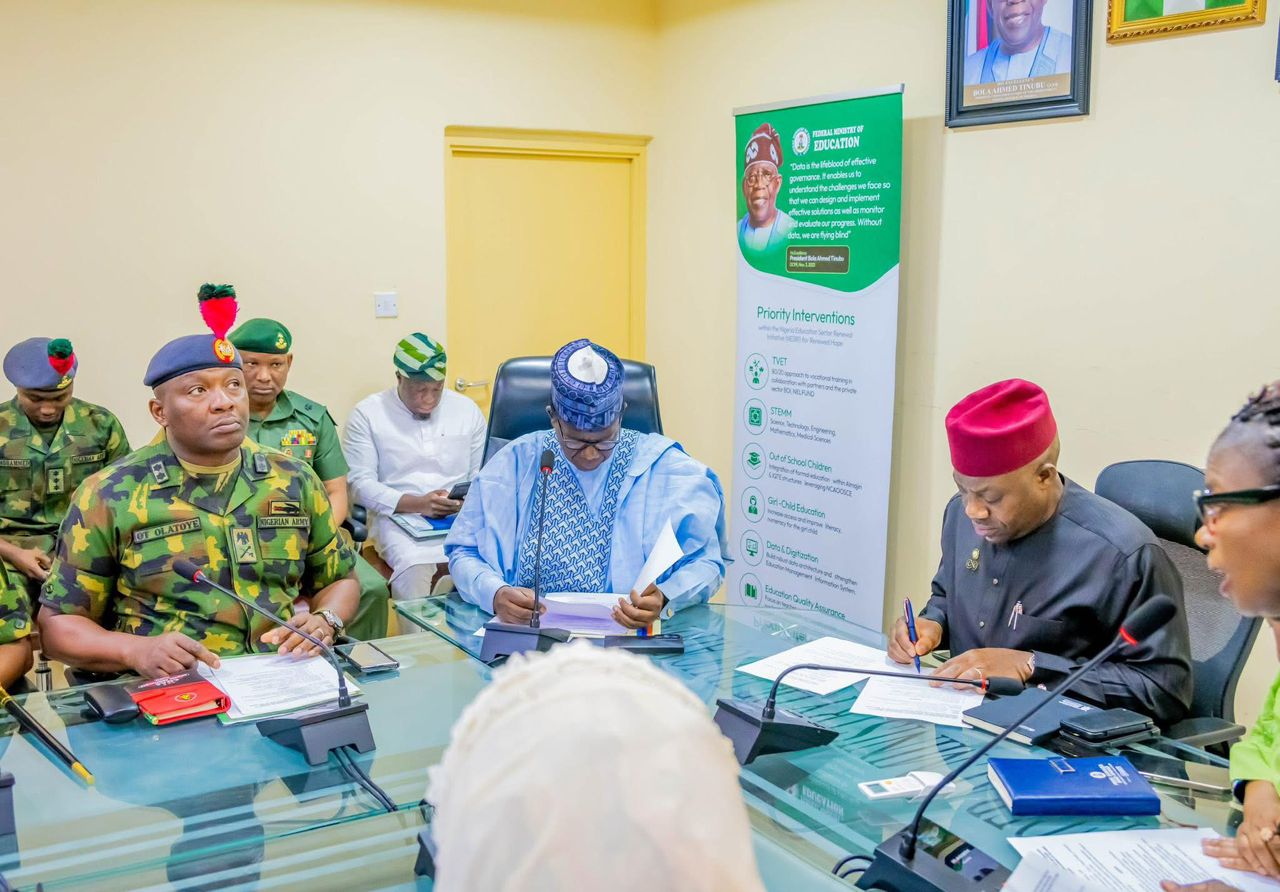Ope George, the Lagos State Commissioner for Economic Planning and Budget, has announced an ambitious revenue target of N2.96 trillion for the year 2025.
This projection was revealed during the annual ministerial press briefing on Wednesday, coinciding with the two-year anniversary of Governor Babajide Sanwo-Olu’s administration.
The target represents a 42.7% increase over the N2.08 trillion revenue recorded by the Lagos State Government in 2024.
In his address, George highlighted the ministry’s accomplishments, emphasizing its commitment to fostering innovation, data-driven governance, and inclusive planning.
“Our strategy is geared towards long-term sustainability. By enhancing fiscal discipline and improving access to essential services, we aim to ensure that every Lagosian benefits from our efforts,” the commissioner stated.
He further underscored the robust fiscal growth and responsive budgeting reflected in the state’s revenue initiatives, positioning the ministry as a pivotal driver of Lagos’s economic progress.
“The budget department has successfully facilitated a notable rise in total revenue projections from N2.08 trillion in 2024 to N2.968 trillion in 2025, showcasing enhanced fiscal planning,” George remarked.
The commissioner reported that the 2024 fiscal year concluded with an impressive 87% budget performance rate, indicative of prudent fiscal management and effective implementation across key sectors.
In response to escalating economic challenges, the government has introduced comprehensive social protection measures.
“Over N130 billion was allocated to assist more than 18.5 million Lagosians through various initiatives, including the Ounje Eko food subsidy program, which has improved access to affordable, nutritious food for low-income families, alongside transport subsidy allowances following the removal of fuel subsidies,” George explained.
The ministry has also improved the efficacy of its interventions by integrating the Lagos State Social Register (LASSR) with the National Identity Number (NIN), thereby enhancing the accuracy of beneficiary targeting.
Moreover, George announced the launch of several digital tools, such as the LSDP 2052 implementation reporting dashboard, which monitors over 280 development initiatives across all ministries, departments, and agencies (MDAs) in real-time, and the EKO360 app, designed for real-time data collection and reporting across all 57 local government areas (LGAs) and 59 motor vehicle administration (MVAA) centers.
### Lagos Secures Funds for Floating Solar Power Project
George also revealed that Lagos has secured funding for a floating solar power project through a partnership with the European Bank for Reconstruction and Development, marking significant progress in environmental resilience and sustainable development.
He noted that the Office of Climate Change and Circular Economy has created over 1,600 jobs, diverted 20,000 kilograms of waste from landfills, and prevented 10,000 kilograms of carbon emissions.
The commissioner highlighted that programs like Eco-Circulate and ECONexus are assisting over 5,000 small and medium enterprises (SMEs) in transitioning to sustainable, circular business models.
Additionally, the 2025 Lagos Economic Development Update (LEDU) reinforces Lagos’s position as Africa’s second-largest economy by purchasing power parity (PPP), with Sanwo-Olu’s administration reaffirming its dedication to good governance and inclusive growth.
“Lagos is not merely growing; it is evolving into a model for what a 21st-century African city can achieve,” the commissioner asserted.
The press conference also saw the attendance of notable officials, including Gbenga Omotoso, Commissioner for Information and Strategy; Lekan Balogun, Special Adviser to the Governor on Economic Planning and Budget; Olayinka Ojo, Permanent Secretary in the Ministry of Economic Planning and Budget; and Olumide Sogunle, Permanent Secretary in the Ministry of Information and Strategy.
On April 14, the Lagos State Government signed a memorandum of understanding (MoU) with the Rural Electrification Agency (REA) to enhance solar power generation and distribution throughout the state.





